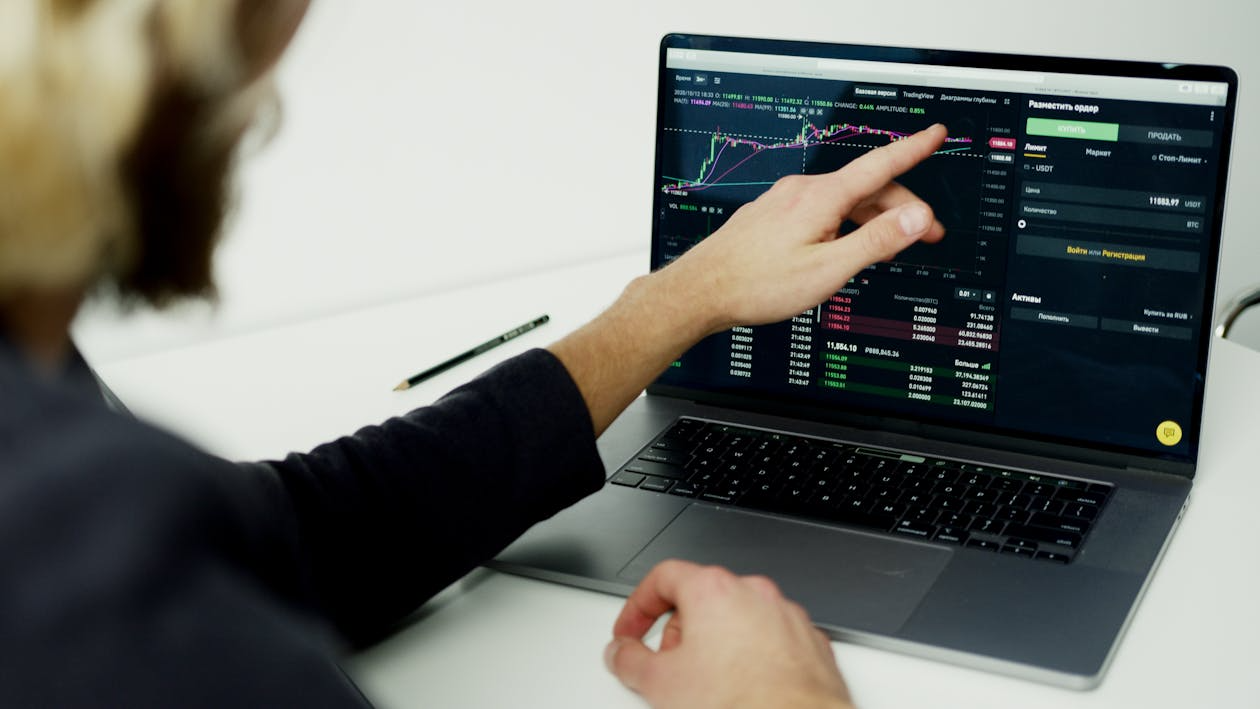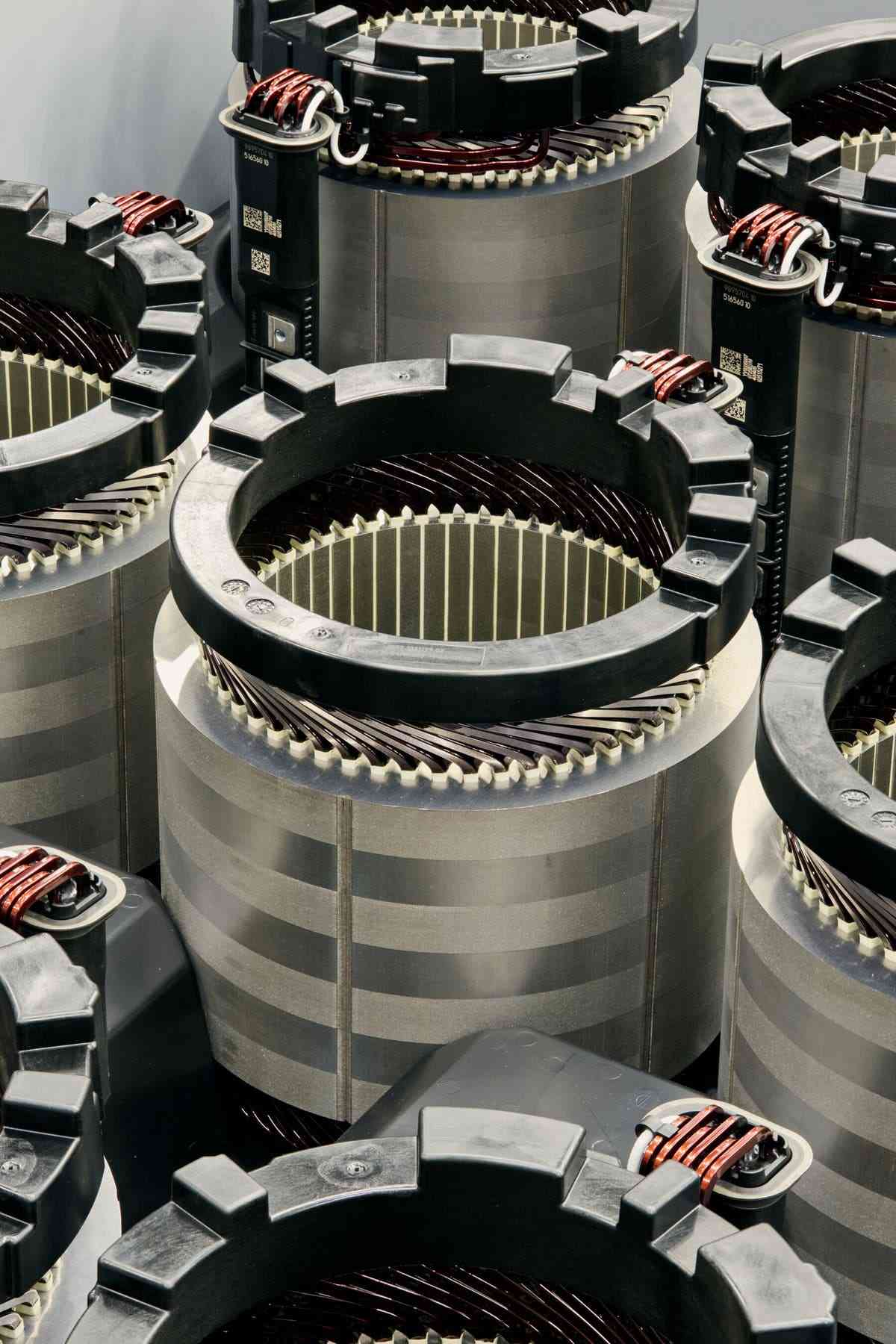
In recent weeks, a trio of hi-tech spy balloons have been shot down over the US by their military aircraft. There were rumors of aliens, claims that they were simply weather balloons blown off course, and later on the Chinese fired back by claiming dozens of such infractions of their own airspace occur every single year.
While we certainly won’t pretend to know the technical details of the devices in question, nor do we wish to add to the mounting speculation, we can look in more detail at the wider narrative. As with many great clashes of civilization, there is something of a technical arms race between America and China right now. Rather than the hot wars of the past that were settled with direct combat, or the cold war of the second half of the previous century that relied on arms races to provide deterrents, this is something completely different.
Yes, both countries will be investing billions of dollars into the latest weaponry and armaments, but there’s also a growing need for a wider sphere of tech competition. Data, not missiles, is now the defining weapon in the digital age, and one that is only set to increase in importance over the coming years. The Internet of Things, constant connectivity, and the movement of virtually all major economies to a digital banking footing is something that puts data at the center of the fight for superiority and dominance.
The part that makes this interesting is that when you’re looking at advancements in how data is gathered and used, you get a new form of collateral damage. In the past, the unintended consequences of a foray into enemy territory would be the loss of innocent life. With a data arms race, the unintended consequences, while not solely harmless, can in many notable instances actually be of great benefit to the wider world. To illustrate the point, let’s dive into one of the biggest unintended consequences that results from the competition to use data more effectively.
- Students develop mobile app to support SRHR learning
- Cops arrested for conning ICT perm sec
- Hwange communities tackle human-wildlife conflicts, crime
- Students develop mobile app to support SRHR learning
Keep Reading
When Physicists at CERN needed a way to share their data faster, little did they know that their invention of the Internet would eventually allow millions to work from home, make going to the cinema feel antiquated, and see far more people playing casino games online than in-person. All of this stemmed from a need and a desire to do science at a grander scale than anyone else in the world. While this wasn’t a tech arms race between two state actors like we’re facing today, it was still a race of sorts. The need to be first and fastest drove innovation and fueled the accelerated pace with which new ideas were rolled out.
Jump back to the present day and you see how the competition at a state level will only accelerate these processes. While predicting the exact nature and direction of new tech is difficult, we can say with confidence that the level of complexity, rate of delivery and speed of execution are all set to see something of step change over the course of the next decade.
If the two countries involved see a real advantage in being the ones to get to grips with the metaverse first for example, will their resources allow them to dwarf the current efforts of Mark Zuckerberg? The two largest global economies will have influence and infrastructure that even the biggest private companies in the world can never match, as well as the ability to hire them to do the groundwork if deemed necessary.
What’s particularly interesting about this is that with countries, as opposed to companies, the output doesn’t necessarily have to be ‘useful’ or profit-motivated to begin with. The simple desire to be first and to dominate so that your rival will forever struggle to maintain the merest of footholds is motivation enough to try and cordon off an entire area of technology. What this does for the world as a whole is put greater impetus behind the far-out and left-field ideas that may struggle to get a hearing in corporate settings.
Final thoughts
While we can’t say with any degree of certainty what shape or form the new technology and the growing competition between America and China will be, we can expect to see the pace of change accelerate. This will mean that we will likely see major jumps and evolutions in the way the world connects and communicates over the internet. We can also expect to see a number of private companies piggy backing onto initial breakthroughs made by government entities. An interesting example of this already in action is TikTok and its widely alleged links to the Chinese government.











